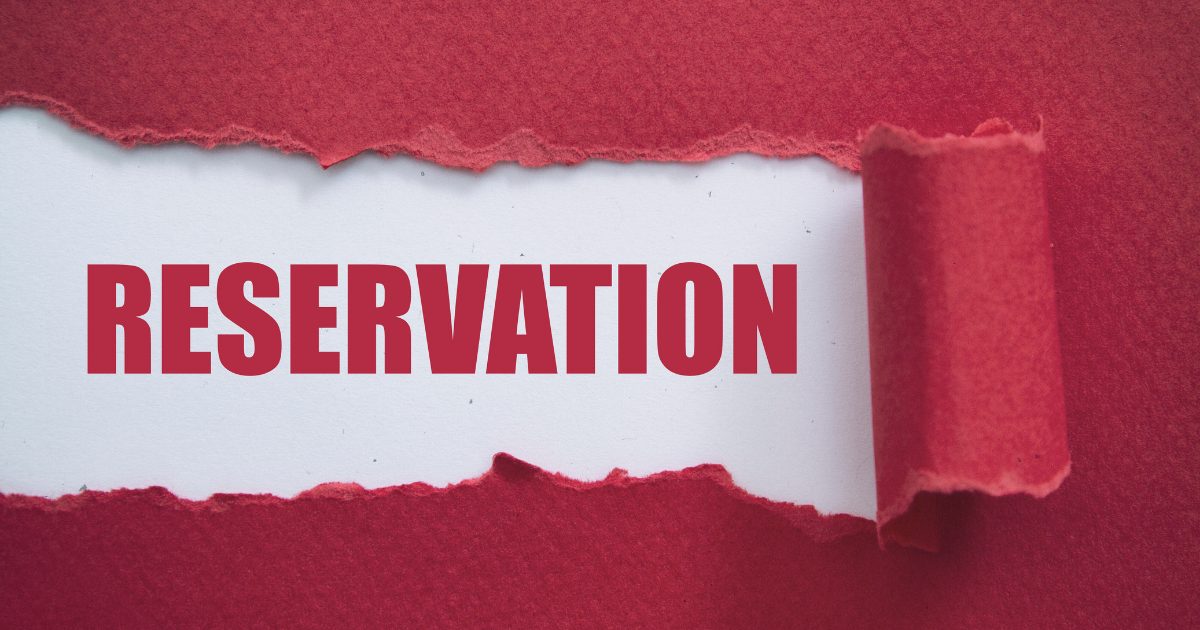News Highlight
Three judges on the constitutional bench said the reservation policy in education and employment could not continue indefinitely.
Key Takeaway
- “At the end of 75 years of our Independence, we need to revisit the reservation system in the larger interest of the society as a whole, as a step forward towards transformative constitutionalism,” the Judges opinioned.
- The judges also pointed out that the quota for the Scheduled Castes and the Scheduled Tribes in the House of the People and State Legislative Assemblies would cease 80 years from the commencement of the Constitution.
- The representation of Anglo-Indian communities in Parliament and Assemblies stopped under the 104th Constitutional Amendment in 2020.
Reservation
- Reservation is the process of assisting persons who have been subjected to historical injustice in areas such as education, scholarship, and employment.
- It is a type of affirmative action based on quotas.
Reservation System in India – Historical Background
- William Hunter and Jyotirao Phule
- William Hunter and Jyotirao Phule came up with a caste-based reservation system in 1882.
- Separate electorates
- Separate electorates were established for Muslims, Sikhs, Indian Christians, Anglo-Indians, Europeans, and Dalits.
- The Communal Award
- British Prime Minister Ramsay Macdonald introduced the Communal Award in 1933, preparing the ground for a reservation today.
- Mahatma Gandhi was against the communal award, but B.R. Ambedkar favoured it.
Post-Independence Period
- SCs and ST reservation
- Under constitutional provisions, reservations were first allowed only for SCs and STs after independence.
- Later, the Parliament amended the Constitution, which gave the government the authority to make particular arrangements for the social and economic advancement of the poor.
Constitutional provisions related to reservations.
- The Preamble:
- The Preamble advocates “social, economic, and political fairness.” The goal is to create a society that is free of discrimination. It entails giving priority to the weaker members of the community.
- Part XVI of the Constitution:
- It deals with reserving the Scheduled Castes (SCs) and Scheduled Tribes (STs) in the central and state legislatures.
- Articles 15(4) and 16(4):
- It allowed state and central governments to set reservation seats in government services for members of the SC and ST communities.
- Articles 330 and 332:
- It provides particular representation in the Parliament and State Legislative Assemblies by reserving seats for SCs and STs.
- Article 243D:
- Under it, every panchayat is required by Article 243D to reserve seats for SCs and STs.
- Article 233T:
- Under it, every municipality is required by Article 233T to reserve seats for SCs and STs.
Arguments in Favour of the Policy of Reservation
- To undo historical injustice
- Caste-based reservation is necessary for India because of historical negligence and injustice caused to those backward communities.
- Centuries of discrimination and prejudice suffered by the SCs and STs in a feudal, caste-oriented societal structure pose natural barriers to access to opportunity.
- Constitutional Mandate
- The Constitution mandates substantive equality in the engagement of fundamental rights with the directive principles.
- Empowerment
- Recent studies on Panchayats have found that reserving seats for women has a good impact.
- It has the potential to increase women’s political representation. In addition, it allows for the number of women in parliament to be flexible.
- Administration quality
- A study revealed that reservations had not affected the efficiency of administration but enhanced quality.
- The best example is the Indian Railways, where the SC/ST employees comprise more in number, and the results have been better.
Arguments Against the Policy of Reservation
- Impact on Efficiency
- Reserving some sections of society to the services may make it difficult to maintain administration efficiency.
- Acting as a divide
- It may act as a barrier between many social classes and castes in society, causing possible unrest.
- The privileged are getting more privileged.
- Many reports suggest that the reservations are not beneficial to the underprivileged sections of society but to the already privileged ones.
- Misuse
- Expanding the reserve policy could be used as a political tool by political parties.
- A reservation is merely a temporary and limited remedy to issues of historical injustice.
- Not a panacea
- Reservation is a tool to address social and educational backwardness; however, it does not have solutions for all social and economic ailments. There are much better and more innovative ways to solve those issues.
- Reduced meritocracy
- Merit and calibre have been replaced by mediocrity. Moreover, the reservation policy has generated a spirit of self-denigration, with each caste and community competing to be more backward than others.
- Breach of 50% limit
- By upholding the Economically Weaker Section (EWS) reservation by the supreme court, the reservation policy has breached the 50% limit.
Way forward
- Sub-categorisation
- Creation of sub-categorisation or creating categories within reservations as recently suggested for OBCs.
- Adequate affirmative action
- Reservation is fair because it provides adequate affirmative action to benefit the oppressed and economically disadvantaged members of society.
- Besides reservation, quality education, skilling and public investment also help to empower society.
- Put a period
- The reservation policy should remove in a phased manner.
- For example, the representation of Anglo-Indian communities in Parliament and Assemblies stopped in 2020.
- Reviewed every five years
- Reservation policy should be reviewed every five years so that the state can rectify distortions and people both backward and non-backwards.
Content Source: The Hindu



